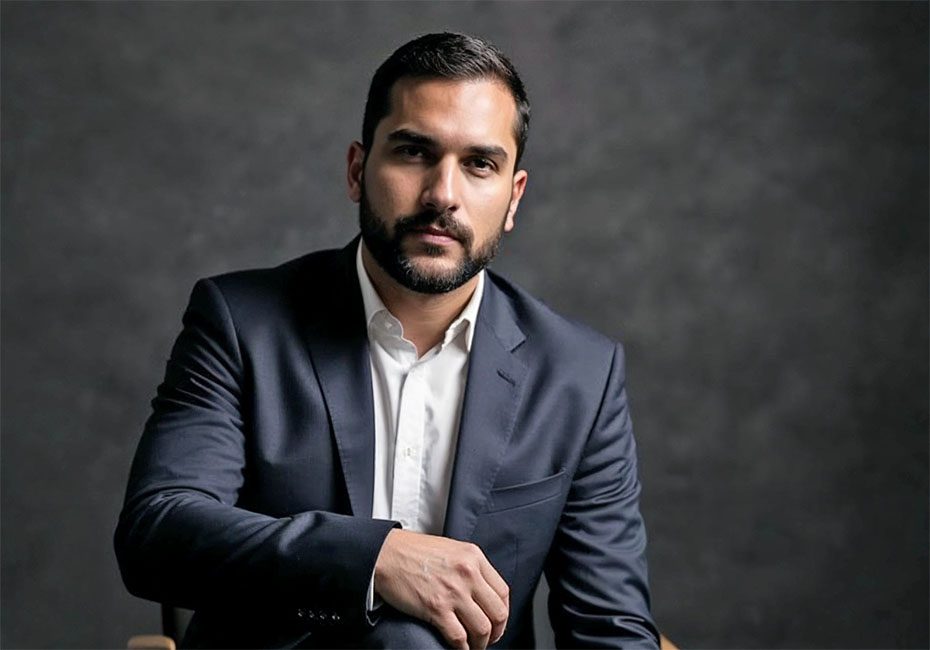The U.S. digital education market is growing fast, yet the challenge today is not adoption. It is execution. Nearly seventy percent of American workers now engage in online learning each year, but many digital courses fall short of real-world impact. Institutions face pressure to modernize content, raise completion rates, and match the rigor of traditional instruction. In a labor economy defined by constant upskilling, the ability to turn expert knowledge into compelling online education has become a national priority.
BODS Media will enter this landscape with a focus on improving how expertise is translated into digital learning. Headquartered in Miami, the company will design and produce education programs for technical and specialized fields, particularly for professionals whose knowledge has historically lived inside classrooms, clinics, labs, and regional networks. It will combine production, instructional design, and strategic marketing to help experts build learning products that are accessible, credible, and worth completing. The philosophy behind the business is straightforward: technology alone is not enough. Successful digital instruction depends on pedagogy, psychology, and the right storytelling.
This approach also intersects with broader U.S. workforce goals. Technology-driven industries expect a shortage of more than one million skilled professionals by 2034. Shortfalls in instructional design, media production, and digital marketing continue to constrain the growth of education platforms. BODS Media plans to build multidisciplinary teams that reflect both creative and technical competencies, strengthening the talent pipeline critical to national competitiveness.
The company is led by Bruno Oliveira de Souza, a Brazilian executive who has spent more than a decade developing digital education programs that serve specialist fields. In Brazil, he built medical training platforms in radiology, ultrasound, and dermatology that reached thousands of practitioners and generated significant economic impact. His work has been defined by a simple conviction: strong curriculum is only part of the equation. Success comes from pairing expertise with production quality, data-driven marketing, and learner-centered design.
“We have seen how structured and strategic digital learning can transform careers and raise standards in entire industries,” de Souza said. “The U.S. has world-class talent. What it needs is a more reliable way to turn that expertise into education that performs at scale.”
BODS Media will emphasize flexible formats, adaptive pacing, and analytics-driven development. Every learning product will be designed to track engagement, mastery, and retention. This focus on measurable outcomes aims to address a persistent issue in online education, where completion rates often sit below twenty percent. The company’s process is built to support experts at every stage, from course architecture and filming to audience acquisition and performance analysis.
The business model also carries economic implications. By investing in U.S.-based media production, design, and marketing roles, BODS Media plans to contribute to growth in creative and technology jobs. Its distributed operating model will allow it to collaborate with talent across regions, widening access to digital-economy roles beyond major urban centers. In addition, the company expects to establish partnerships with universities, medical associations, and research institutions, linking academic innovation with market-ready training.
Performance tracking and continuous improvement will remain core to the company’s operating system. As artificial intelligence and automation reshape the field, BODS Media intends to keep the human element at the center of learning design. The company’s strategy reflects a belief that technology should enhance expert-led instruction, not replace it, and that high-quality digital education still requires empathy, precision, and narrative.
At its core, BODS Media is being built around a simple idea: the United States cannot maintain a competitive workforce if knowledge remains stuck in silos or fails to make the leap into compelling, accessible instruction. De Souza sees the mission in practical terms. “Education is not just information,” he said. “It is influence. It is how expertise becomes progress.”





























